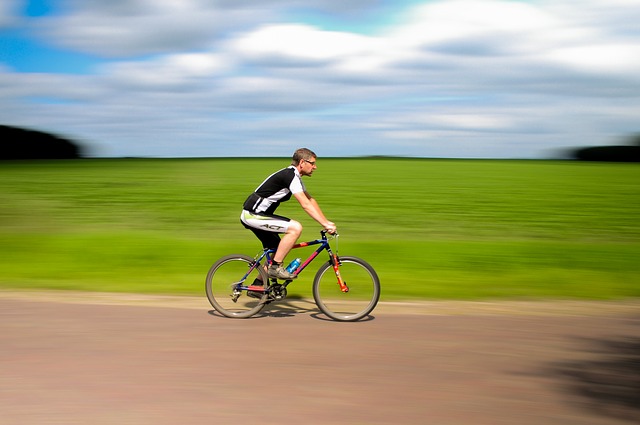Exercise helps to retard bone loss as you age, thereby reducing your risk of developing osteoporosis. Exercise also helps improves pain tolerance and mood if you already suffer from osteoarthritis. Surgeon General's Report on Physical Activity and … [Read more...]
Exercise

Exercise: Walking and Smoking
Teens who increased the amount of time they exercised by at least 20 minutes (equivalent to a short walk) were more likely than their peers to resist lighting up a cigarette. Journal of Adolescent Health, April 2013 … [Read more...]
Exercise: More Reasons
Exercise helps reduce and prevent the immediate symptoms of menopause (hot flashes, sleep disturbances, irritability) and decrease the long-term risks of cardiovascular disease, osteoporosis, and obesity. Surgeon General's Report on Physical … [Read more...]
Exercise: Stroke Survivors and Walks
Taking regular brisk walks outdoors can help people recovering from a stroke to improve their physical fitness, enjoy a better quality of life, and increase their mobility. The walking group in this study reported a 16.7% improvement in … [Read more...]
Exercise: Less Stress For Kids
Children who exercise are less affected by stressful events than their more sedentary peers. Journal of Clinical Endocrinology & Metabolism, March 2013 … [Read more...]
Exercise: Short Bouts
Short bouts of moderately intense exercise seem to boost self-control, possibly due to increased blood and oxygen flow to pre-frontal area of brain. This is particularly important for children and teens, because well-developed higher brain functions … [Read more...]
Exercise: Good Reasons
Exercise helps you maintain proper muscle balance, reduces the rate and severity of medical complications associated with hypertension, and helps to alleviate certain menstrual symptoms. Surgeon General's Report on Physical Activity and Health, … [Read more...]
Exercise: Tai Chi And Parkinson’s
A new exercise study has shown significant benefits for patients with mild-to-moderate Parkinson's disease. A tailored Tai Chi training program of 60-minute exercise sessions 2x/week for 24 weeks resulted in improved postural stability and walking … [Read more...]
Exercise: A Pulse
Champion cyclist, Lance Armstrong has a resting heart rate of about 32 beats per minute. Ideal normal pulse rates at rest, in beats per minute: Newborn baby: 120 to 160; Baby aged from 1-12 months: 80 to 140; Baby/toddler aged from 1-2 years: 80 to … [Read more...]
Exercise: My Max Heart Rate
This is the maximum number of times your heart can beat per minute (bpm). It is a useful measure for workouts, to gauge training intensities. People over 35 years of age who are overweight or have not done exercise for a long time are advised to have … [Read more...]
Exercise: Not At School!
In the 1920s, 97% of US college students were required to take Physical Education (PE); today, that number is at an all-time low of 39%. 34% of adolescents and teens ages 12-19 are overweight and 17% are obese. These rates have roughly doubled since … [Read more...]
Exercise: Walking
Women who walked more than 3 hours a week were 43% less likely to suffer a stroke compared to those who didn't do any physical activity. Stroke, January 2013 … [Read more...]
Exercise: Good Reasons
Exercise reduces blood viscosity, enhances your muscles' abilities to extract oxygen from your blood, and increases your productivity. Surgeon General's Report on Physical Activity and Health, 1996 … [Read more...]
Exercise: Aerobic or Resistance Training?
A study of 234 obese/overweight adults compared the effects of aerobic training (AT), resistance training (RT) and both aerobic training and resistance training (AT/RT). Researches found the participants in the AT/RT group both increased lean mass … [Read more...]
